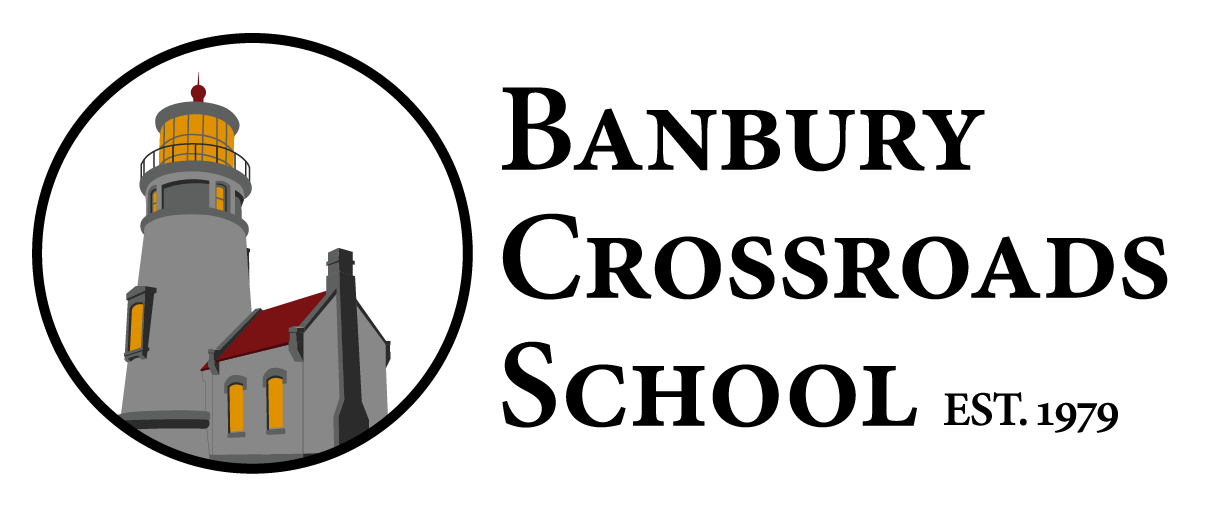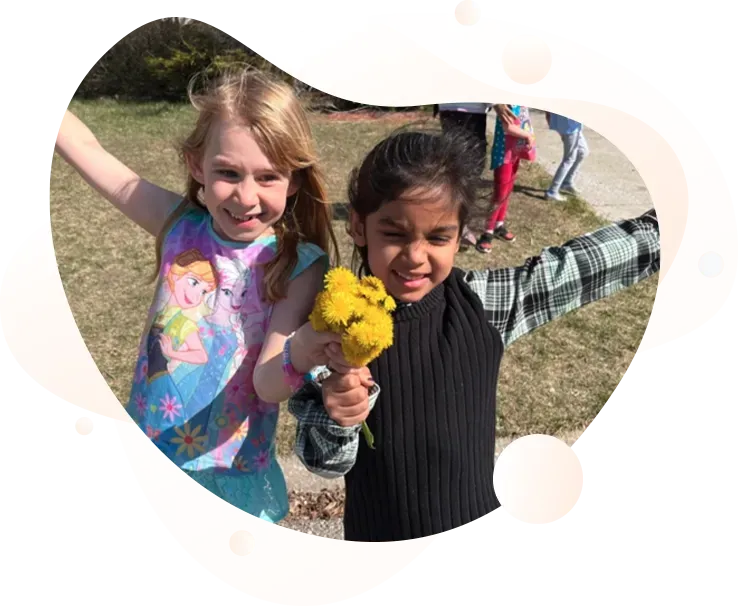
Banbury Crossroads School
The School offers a self-directed learning program for students from Jr. Kindergarten to Grade 12, with small class sizes: 10:1 for Grades 1–6 and 15:1 for Grades 7–12.
Choose To Succeed!

Banbury Crossroads Academy
Flexible, teacher-guided program built for students from Grade 1 - 12 with diverse learning needs and challenges with class sizes averaging 6:1.
Become Your Best!
One Banbury, Two Streams
Banbury Crossroads is an independent school authority that operates Banbury Crossroads School and Banbury Crossroads Academy. All Banbury Crossroads students thrive in the same physical location in an inclusive, supportive, and comfortable environment while they pursue personal and academic success.

Who are we?

Our Core Values

Book a Tour

Who Are We?
Banbury Crossroads School was founded in 1979, and since then, has been dedicated to maximizing each student’s potential in a welcoming, inclusive environment. With a focus on respect and individuality, we maintain the lowest class sizes to ensure that every student receives personalized attention and the opportunity to learn to mastery. For over 40 years, we have championed one of the most unique, student-focused education models in the country.
In our School program, our self-directed learning approach encourages students to develop self-management skills and intrinsic motivation, empowering them to take ownership of their education in a relaxed and supportive atmosphere.
Our Academy program offers a flexible, teacher-guided approach that meets students where they are. With customized timelines and small group instruction, we support diverse learning needs and help students overcome challenges through targeted teaching and individualized care.
At Banbury Crossroads, we foster the intellectual, emotional, and social growth of each student, preparing them to be self-confident, resilient, and successful in post-secondary education and beyond. By celebrating their unique journeys and teaching them to set and achieve their own goals, we ensure that our students thrive on their own terms.
We would love to have you here!

Banbury's Core Values

Intrinsic Motivation
Students’ intrinsic motivation is engaged through individualized programs that foster connecting a student’s interests with the curriculum, instead of relying on extrinsic motivation

Mutual Respect
Students and their families are treated with the utmost respect, and are taught to offer respect to their peers and teachers, fostering mature, supportive, and constructive communication in a safe environment.

Multi-Aged Classrooms
Our classrooms feature mixed-age cohorts, which promotes peer mentorship and social learning, and reduces competition as students work at their appropriate pace.

Flexible, Individualized Instruction
Whether in the School or the Academy, students thrive in the lowest class sizes available, receiving tailored guidance, attention, and mentoring, in an environment that offers flexibility for students to move at a pace appropriate to them.

Small Class Sizes
Our class sizes are among the lowest available anywhere. With averages from 10:1 for Grades 1 - 6, and 15:1 for Grades 7-12, the School’s Self-Directed Learning program ensures that teachers have the time and energy to focus on students and check in with them frequently. For the Academy, our 6:1 ratio ensures that students are completely supported in that teacher-guided program designed around each student’s specific needs and challenges.

Maximizing Potential
At Banbury Crossroads, students master the curriculum at their own pace and to their own potential, ensuring no one is left behind or pushed ahead without a solid understanding. Unlike traditional schools with rigid pacing, our approach prevents students from advancing without the necessary foundational skills. Here, students reach their mastery before moving to the next level.
Join us for an Information Session
Come in for a tour of our school so you can see why students and teachers really love being at Banbury

Quick Links
Contact Us
(403) 270-7787
Mon to Thurs: 8:30 am – 4:30 pm
Fri: 8:30 am – 3:00 pm
2451 Dieppe Ave SW, #201,
Building B1 Calgary, AB T3E 7K1
Copyright © 2025 Banbury Crossroads




